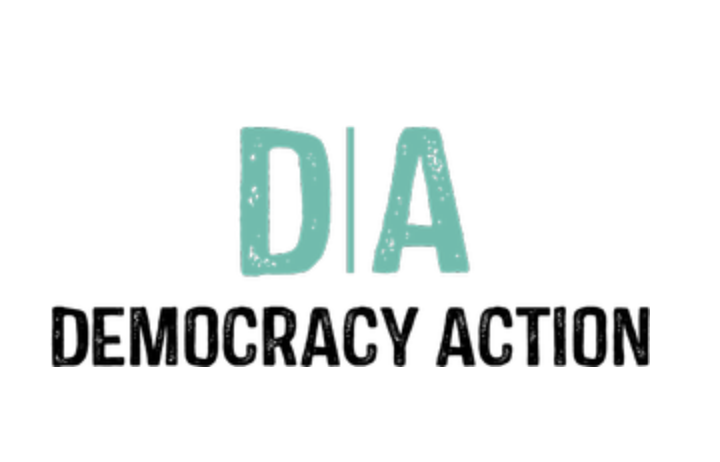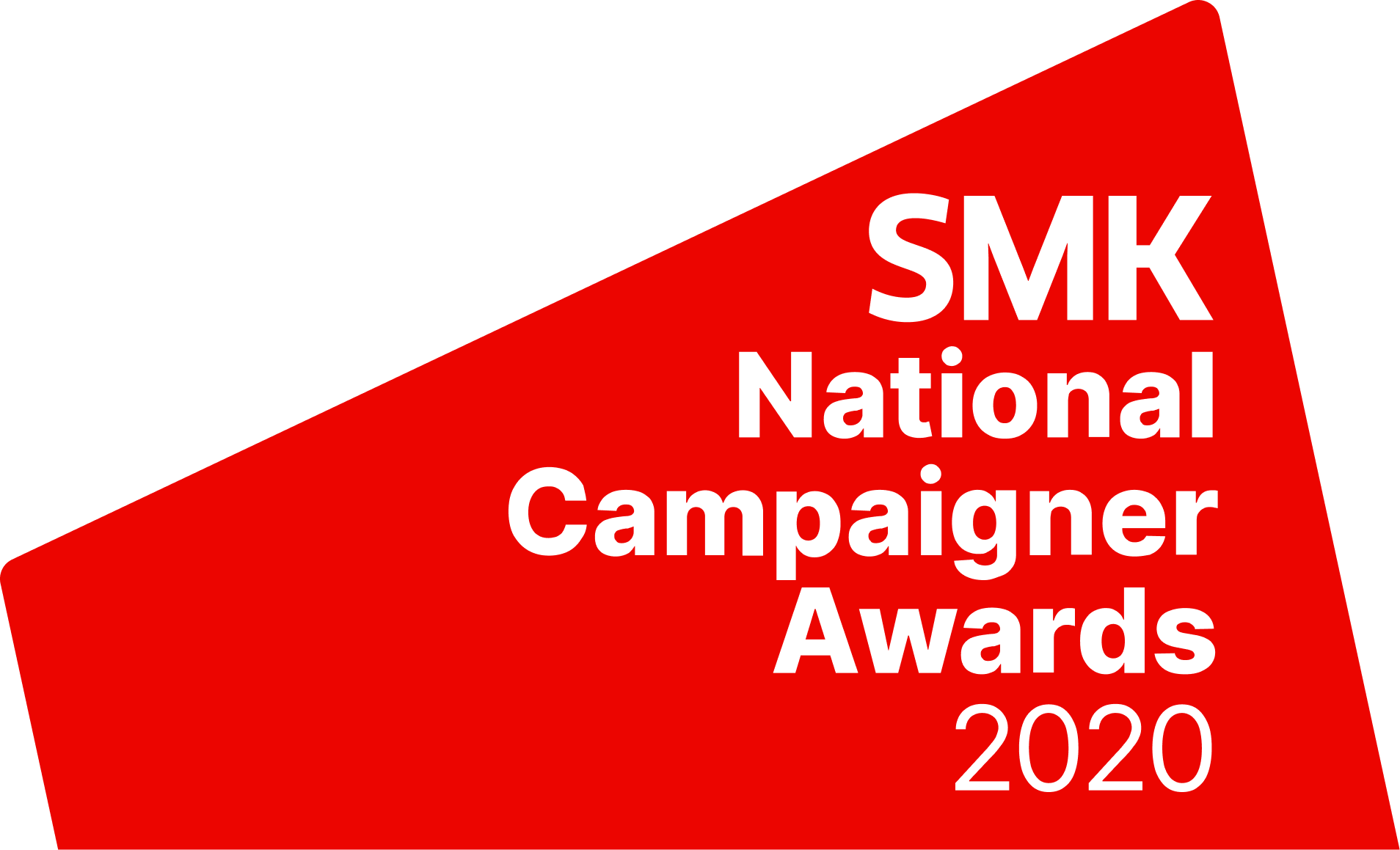The SMK National Campaigner Awards are back for 2025!
Each year, SMK celebrates the best campaigns and campaigners. Their interest is in finding those who have made change happen – most effectively, creatively and courageously.
That change might be in law or policy; it might be in attitudes, social norms or behaviour; it could be in how services are provided, or in the protection of a service or asset.
What all entries will have in common is the determination to secure a specific change that will make things better – whether for an individual, a local neighbourhood or for every single one of us.
David & Goliath Award
JRRT is proud to sponsor the David & Goliath category of the SMK Awards. This Award is all about the little guys. It celebrates individuals or small campaign groups that take on much bigger organisations and challenge vested power.
Our sponsorship is made in memory of our friend and former Director, Lord David Shutt.
Previous winners of the David & Goliath Award have included:
2024
The Justice For Omisha Campaign ; one family and their community taking on the Home Office’s hostile environment immigration system and fighting for an NHS that is free to provide universal healthcare for all.
; one family and their community taking on the Home Office’s hostile environment immigration system and fighting for an NHS that is free to provide universal healthcare for all.
2023
Power for People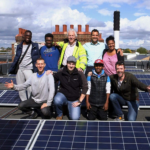 ‘s Community Energy Revolution campaign which co-ordinated grassroots advocacy across the UK for the Local Electricity Bill.
‘s Community Energy Revolution campaign which co-ordinated grassroots advocacy across the UK for the Local Electricity Bill.
The Bill, if enacted, would empower community energy schemes to sell their clean energy back to their community. Their campaign gathered cross-party support from more than 300 MPs.
2022

The #FacebookHasNoStandards campaign from Coventry Youth Activists which sought to change the way disability hate and ableism is handled by social media platforms.
Nominate your top campaign for the David & Goliath Award now!
Nominations close on Friday 28 February 2025 at 5pm.
Check out details of all of the SMK Award categories on the SMK website

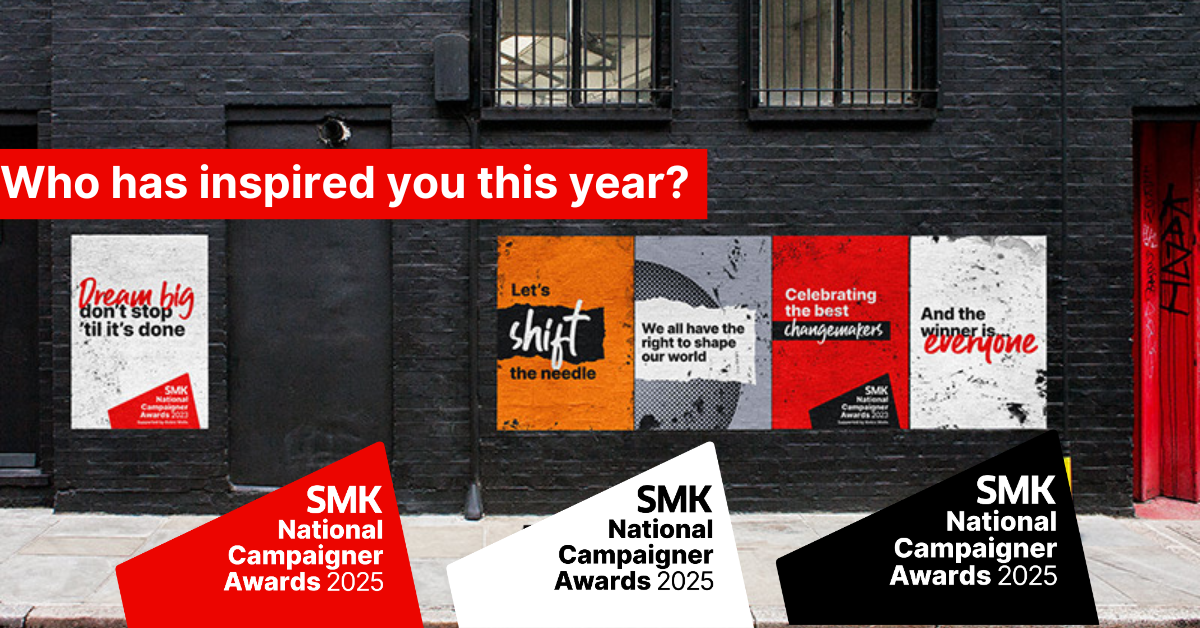
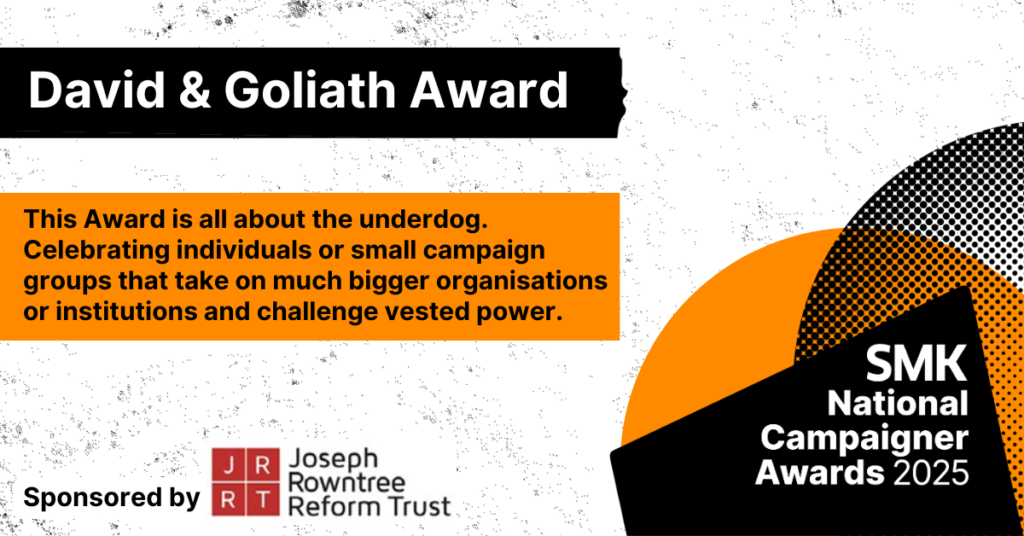
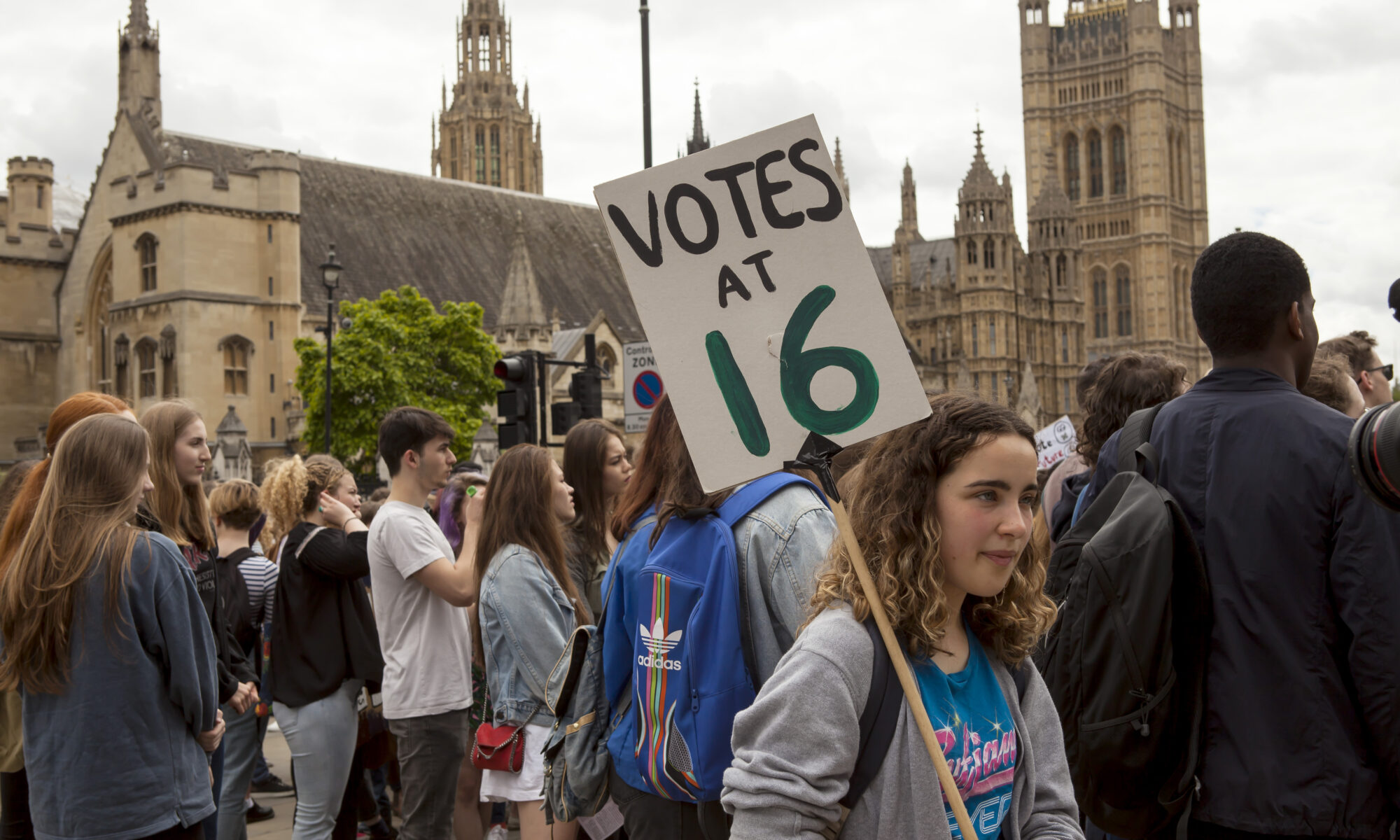
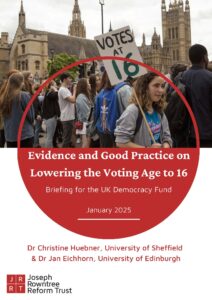
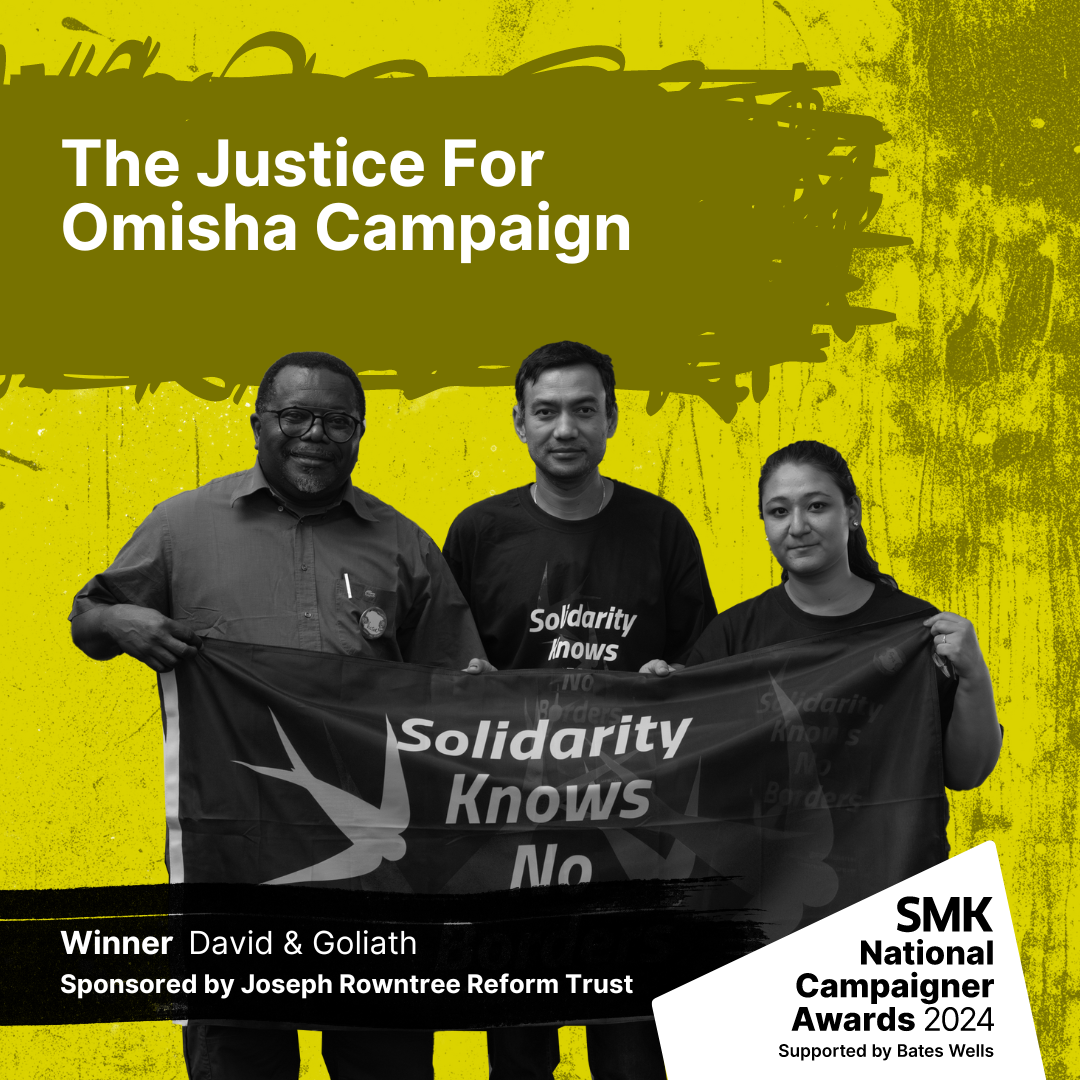
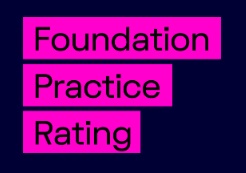
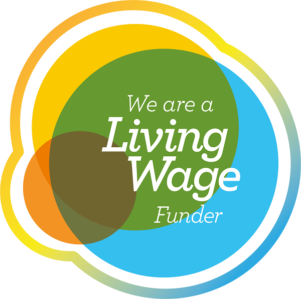
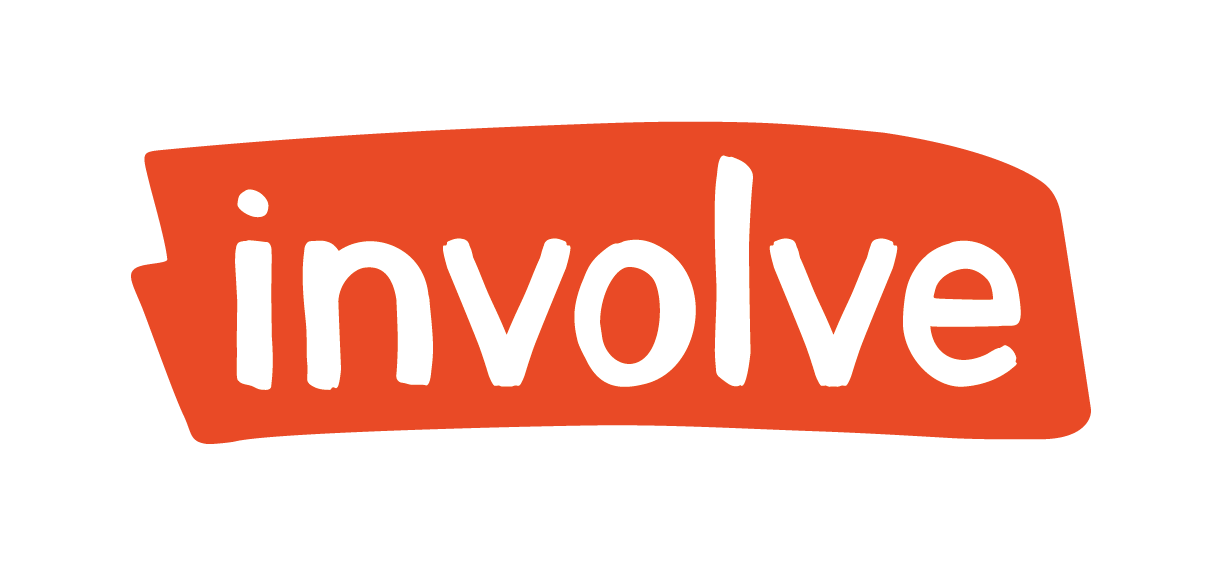
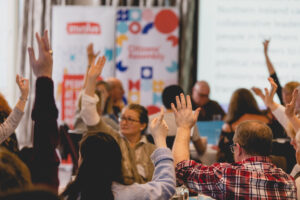 Get involved
Get involved
